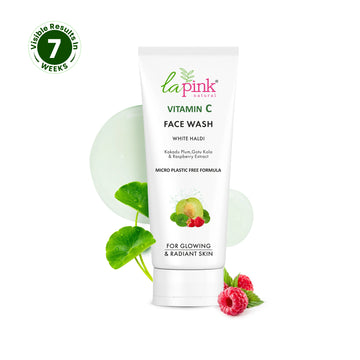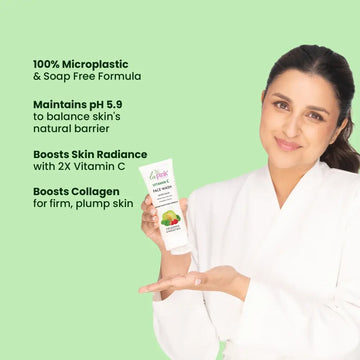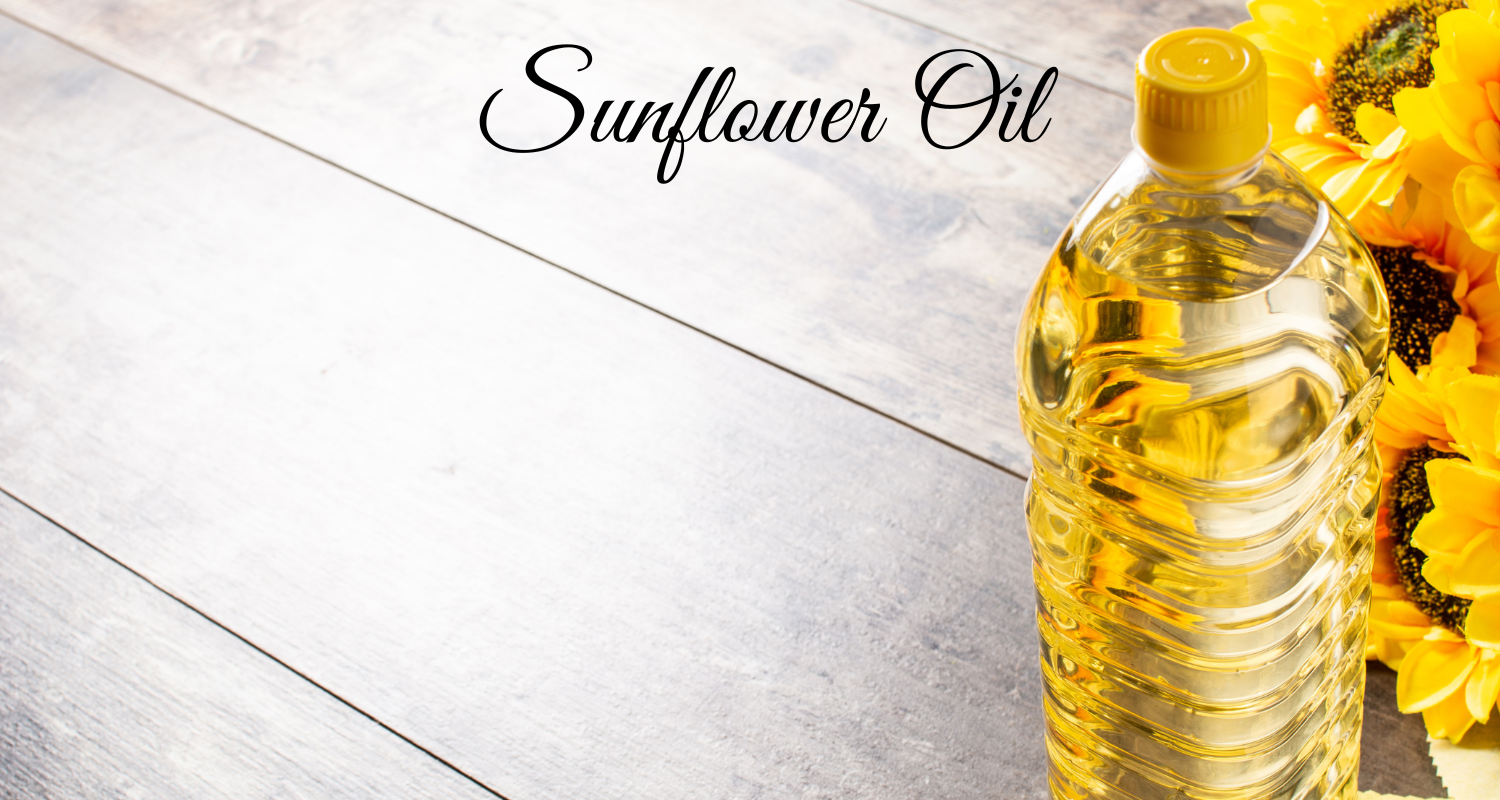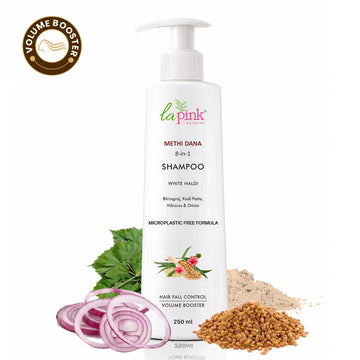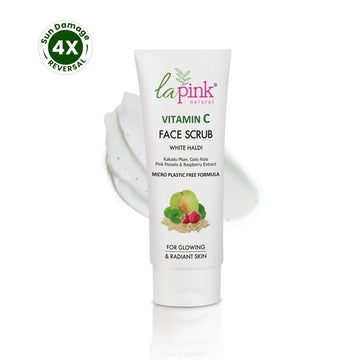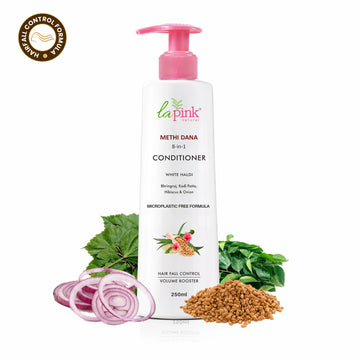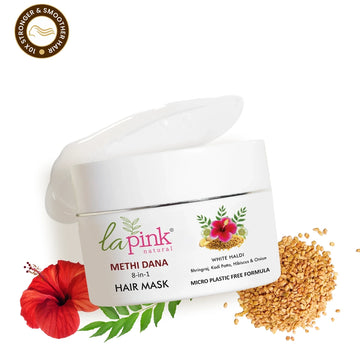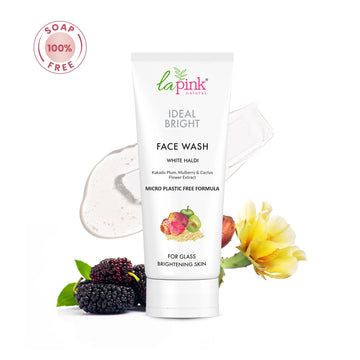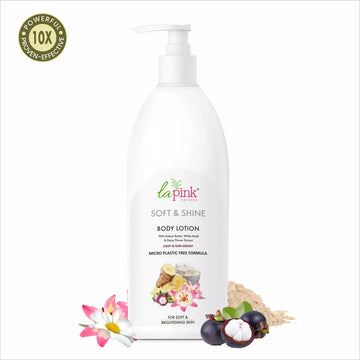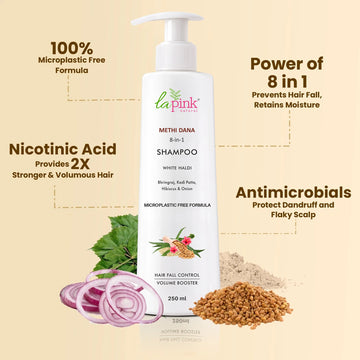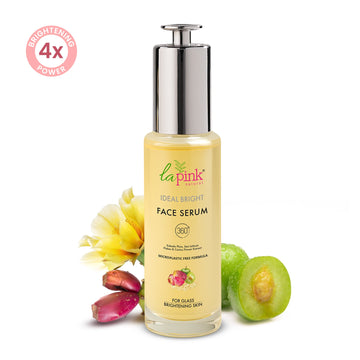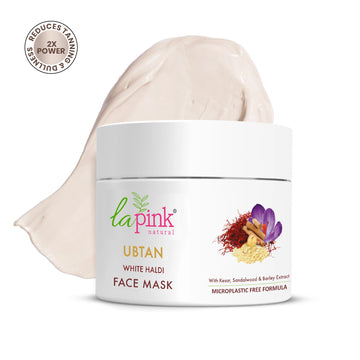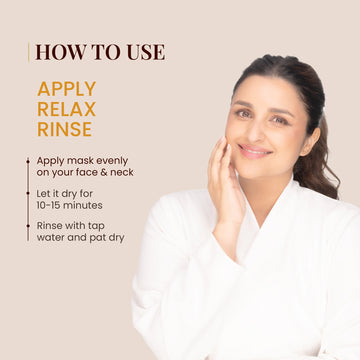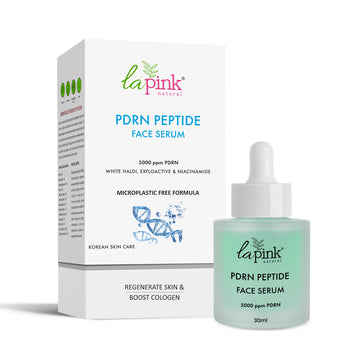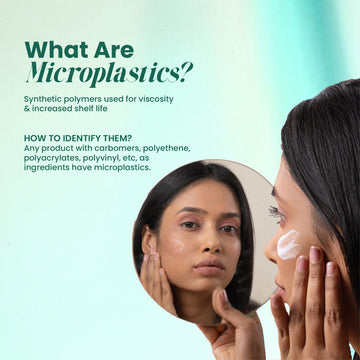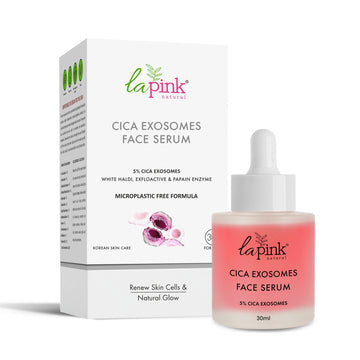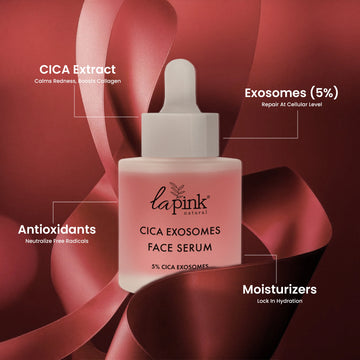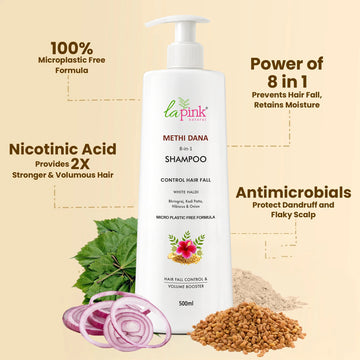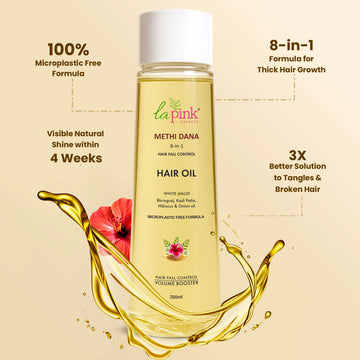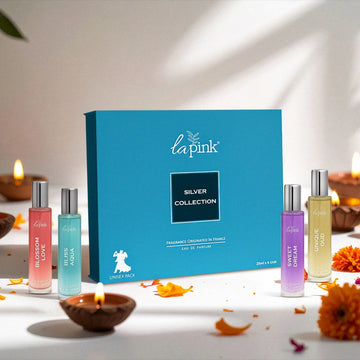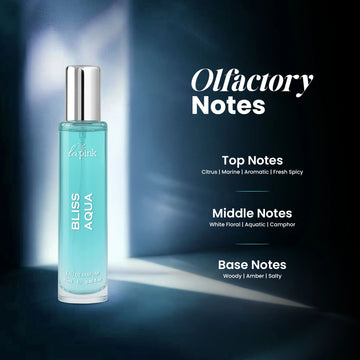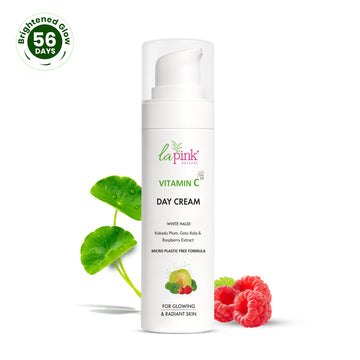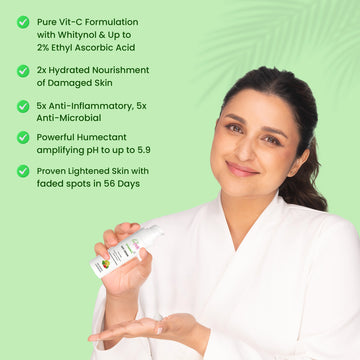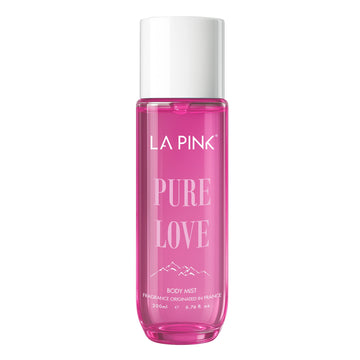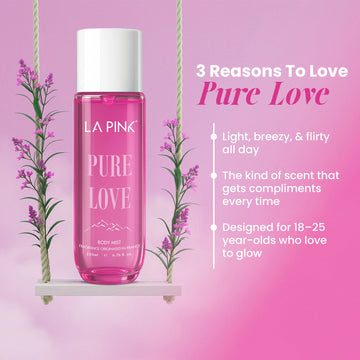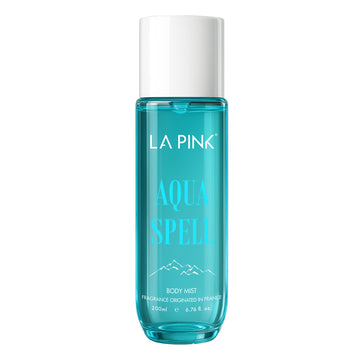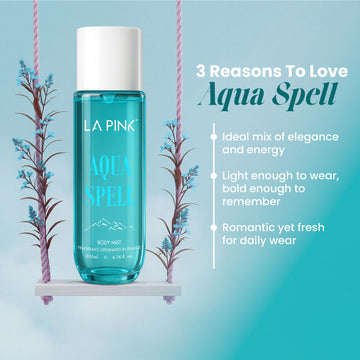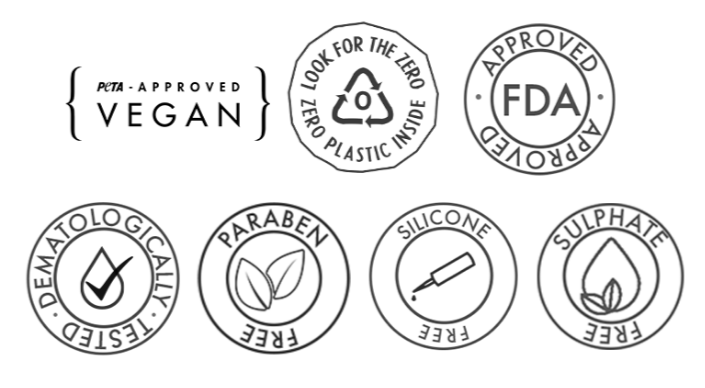Products Enriched with Sunflower Oil
FAQs
Q. Is Sunflower Oil safe for sensitive skin?
Q. Can Sunflower Oil be used on oily or acne-prone skin?
Q. Is Sunflower Oil suitable for babies?
Q. What’s the difference between refined and cold-pressed Sunflower Oil?
Q. Can Sunflower Oil be used on hair daily?
Load More...
Blog posts
VIEW ALLपिंक लिप्स के लिए लिप बाम: होंठों को नैचुरली सॉफ्ट और ग्लोइंग बनाने का राज़
OCTOBER 26, 2025
अनुक्रमणिका: पिंक लिप्स के लिए लिप बाम: होंठों को नैचुरली सॉफ्ट और ग्लोइंग बनाने का राज़ गुलाबी होंठों के लिए प्रभावी लिप बाम कैसे चुनें? बेस्...
READ MORE +How to Get Naturally Pink Lips with Daily Lip Care
OCTOBER 22, 2025
Table of Contents Introduction The Root Cause: Why Lips Lose Their Natural Pink Hue Daily Lip Care Routine: The 3 Pillars Microplastic-Free &am...
READ MORE +ग्लोइंग स्किन के लिए बेस्ट क्रीम कौन-सा प्रोडक्ट आपके बजट में बेस्ट रहेगा
OCTOBER 21, 2025
अनुक्रमणिका: ग्लोइंग स्किन के लिए बेस्ट क्रीम: कौन-सा प्रोडक्ट आपके बजट में बेस्ट रहेगा? अपनी त्वचा के प्रकार को जानें: पहला और सबसे ज़रूरी कदम ...
READ MORE +

